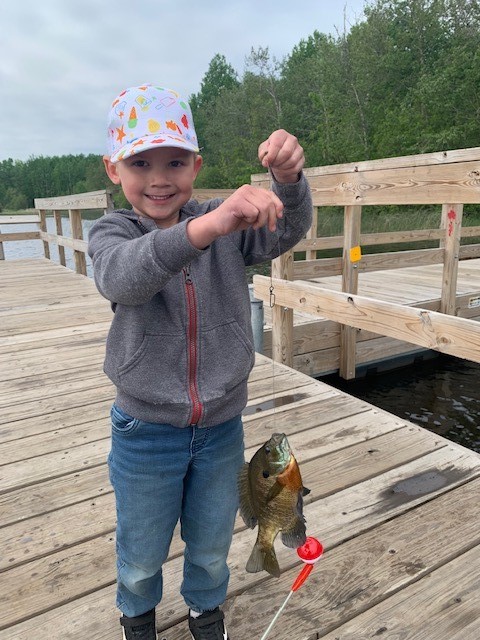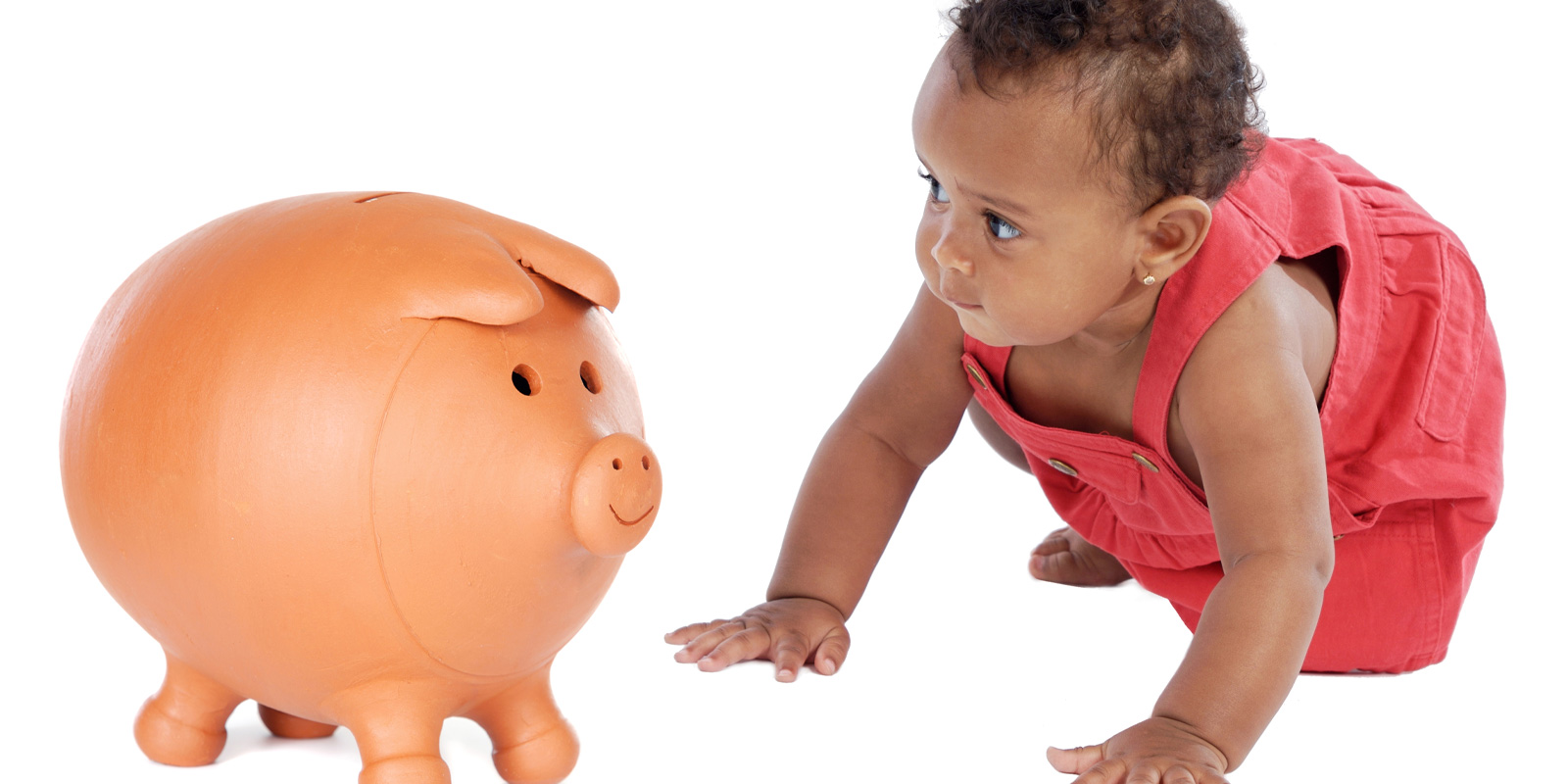In one form or another, all 50 states and the District of Columbia recognize the importance of early education and fund a range of programs to help the youngest residents get ready for kindergarten. Minnesota offers a unique solution: Early Learning Scholarships.
From July 2019 to June 2020, the state of Minnesota invested $70.7 million in 14,185 scholarships worth up to $7,500 apiece. That funding goes to keeping trained staff on the payroll and addressing other costs associated with operating high-quality child care.

Ryan van Dyke is a single father in Hibbing, Minn. He has a stable job in industrial sales for mining and aggregate companies, but at $10,000-$13,000, high-quality child care seemed out of reach for his son Everett—a shy boy who was behind in speech development due to chronic ear infections. Then he learned about scholarships via the Northland Foundation, and soon his son was enrolled in Kiddy Karousel.
“Everett has really blossomed,” van Dyke proudly reports. “He loves it there, and he’s getting the best education.”
One Minneapolis parent described the scholarship as “super beneficial to my family,” adding, “I am able to work comfortably, knowing my children have child care without going through the stress and hassle of receiving child care assistance through the state.” Another said, “We hadn’t financially planned to become foster parents or have more children. We just happened to be blessed with a foster child, and the scholarship has taken significant strain off of our family, so we can truly focus on what’s most important.”
Mark Dayton, who served as Minnesota Governor from 2011 to 2019, has pointed to the scholarships as one of the accomplishments that make him proudest. Sandra Myers, Early Learning Services supervisor at Minnesota Department of Education, says the program continues to enjoy bipartisan support. She should know, having been with it since the beginning. After more than 20 years with the Minnesota nonprofit Think Small (formerly Resources for Child Caring), Myers joined the state’s Department of Education and helped to expand the initiative, which had been piloted by the Minnesota Early Learning Foundation (MELF).
According to Myers, most of the scholarships go to three- and four-year-olds. She says the design of the scholarship program recognizes the diverse needs all across the state. There are two types of scholarships:
- Pathway I scholarships are awarded through Area Administrators (including two tribal nations) and are used at an eligible program the family chooses.
- Pathway II scholarships are awarded to children through Four-Star Parent Aware Rated programs that have been granted scholarship funds for use in their program.
Freedom of choice is a key value of the program. In the 2019-2020 period, 43% chose child care centers, 37% chose school-based care, 11% chose Head Start and 7% chose family-based care. Three- and four-year-olds are eligible if they come from families earning equal to or less than 185% of the federal poverty level. All children four and under are eligible if they are in foster care, in child protective services, homeless or have a parent under 21 and pursuing their high school degree. (Scholarships for these “priority status” children recently rose to $10,000.)
The program also empowers families to decide what’s best for their situations. To equip families with the information they need to make these decisions, Parent Aware—the state’s Department of Human Service’s Quality Rating and Improvement System—provides star ratings based on research-based practices that prepare children for school and life.
The pilot proved popular and effective. According to a MELF report, “The coupling of the Parent Aware Ratings and the scholarship program greatly increased low-income/high-return kids’ access to high-quality programs. Prior to receiving a scholarship, the majority of children were being cared for in unlicensed care (57%). After receiving a scholarship, all (100%) children were attending a program that could demonstrate, thanks to the ratings, that they offered high-quality early education.”
Compared with other models of child care assistance, Myers says, the application process is streamlined, and the program promotes stability, since once a scholarship is awarded, the child is eligible to renew annually without redetermination of eligibility.
Finally, it shouldn’t be forgotten that the term scholarships itself is somewhat revolutionary, recognizing child care as education and valuing it in the same breath as college—something that awaits many or most of these children.
The Parent Aware Assessing Quality Checklist
- Caring. A close, positive relationship exists between children and their provider/early educator.
- Training. The provider understands child development and has been trained to care for children.
- Group Size. Children are cared for in small groups and receive the attention they need from adults.
- Environment. The program space is clean and safe.
- Planned Activity. A variety of activities are planned throughout the day that are interesting and involve each child.
- Track Development. Children are regularly observed, and their learning and development is tracked.
- Respectful. The provider is respectful of each child’s unique background and encourages children to celebrate their individuality.
- Communication. Parents and early educators communicate daily about the children’s well-being.

Mark Swartz
Mark Swartz writes about efforts to improve early care and education as well as developments in the U.S. care economy. He lives in Maryland.



